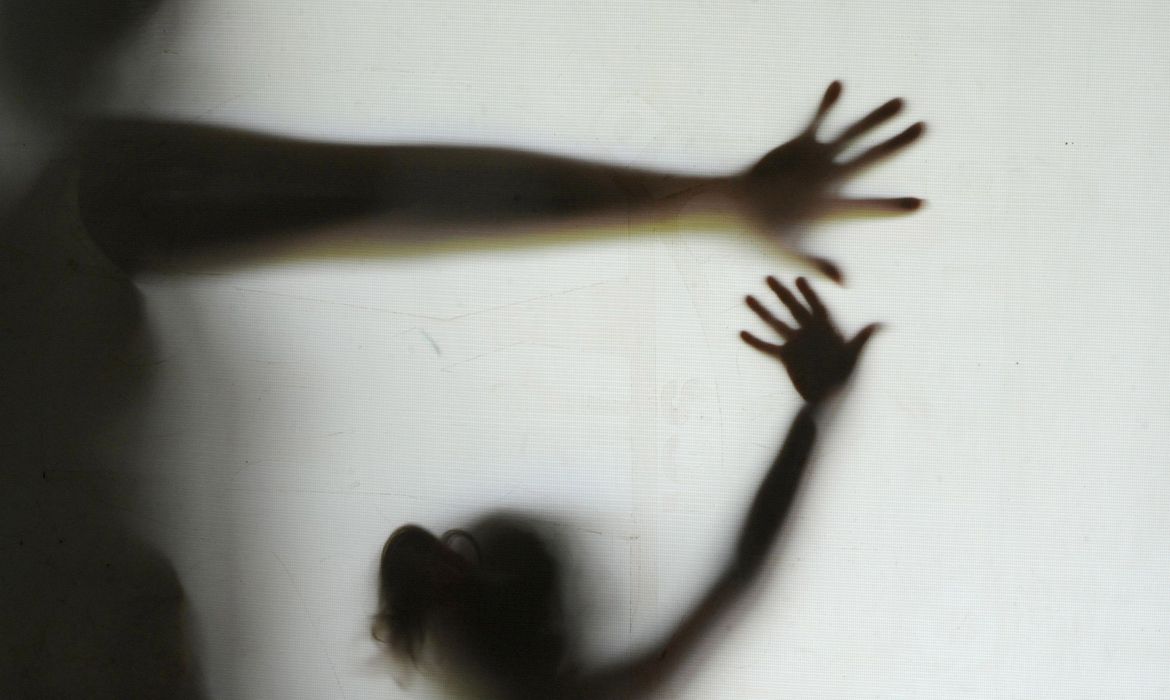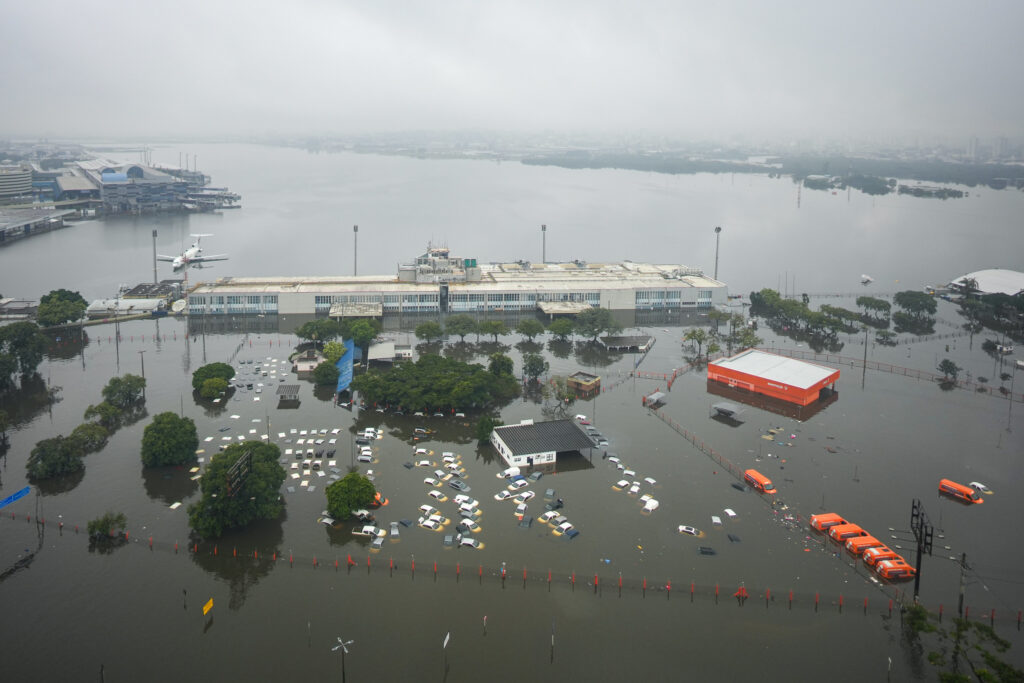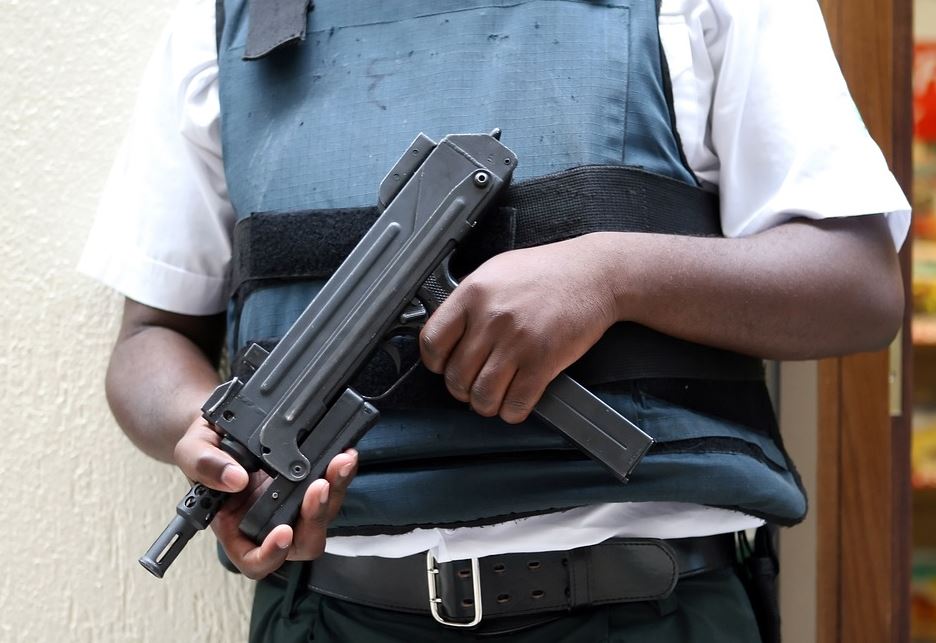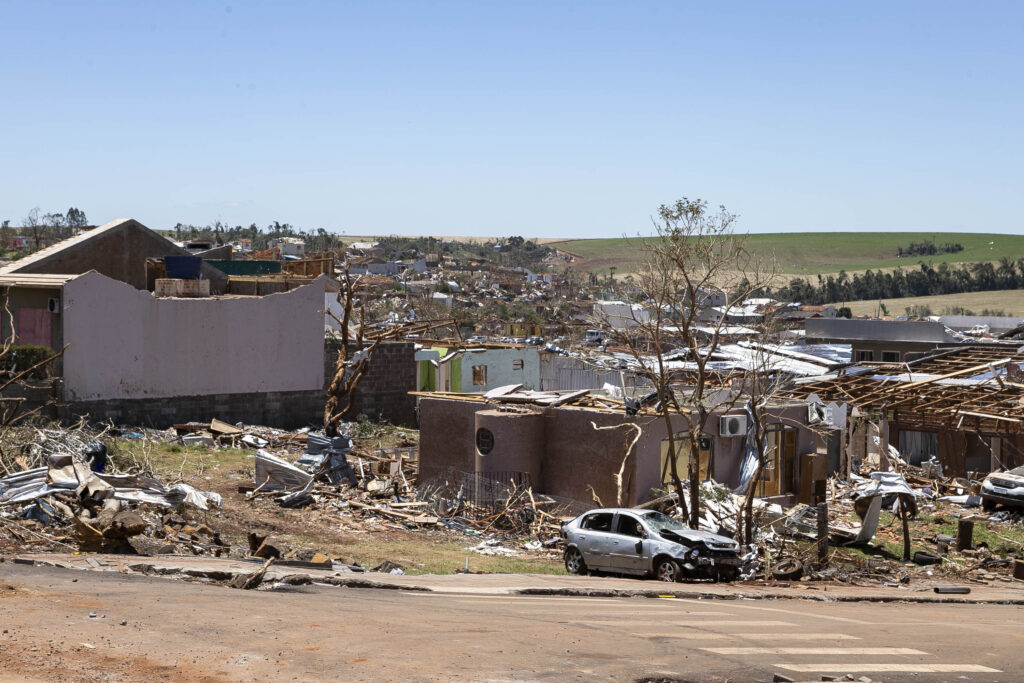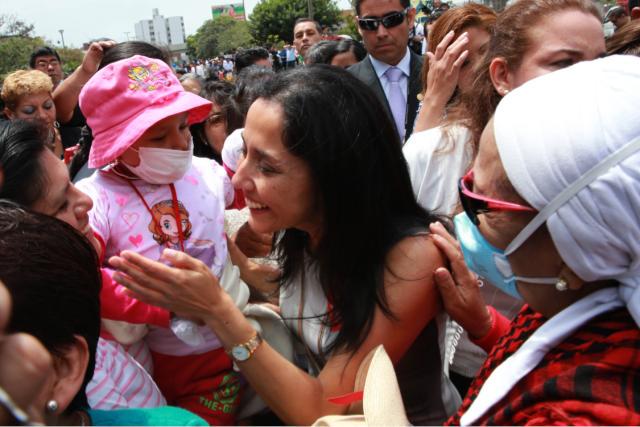São Paulo, Brazil – Brazil’s Ministry of Human Rights recorded 17,500 cases and more than 69,000 complaints of sexual abuse on children and teenagers from January to April this year, which includes assaults, rape and sexual exploitation. The number is 68% higher than that recorded in the same period of 2022, when there were 10,400 reported cases of sexual abuse.
Most cases of sexual abuse (80%) happen in the home by the victim’s family members. The Ministry also recorded 1,400 cases of sexual abuse involving the internet, including, for example, sexual exploitation and psychological violence.
According to psychologist Filipe Colombini, sexual abuse and exploitation against children and teenagers, in addition to being “socially shocking,” has extremely negative impacts on the lives and development of victims. “Therefore, society as a whole must engage in campaigns and measures to combat and prevent this great evil,” he told Brazil Reports.
The disclosure of the numbers is part of Brazil’s National Day to Combat Abuse and Sexual Exploitation against Children and Teenagers, which was recognized on May 18. With the theme “Make it Beautiful. Protect our Children and Teenagers,” the goal of the campaign, launched by the federal government, is to make society aware of preventive and educational measures.
“It is necessary to give visibility to this serious problem and make society aware of the prevention and confrontation of violence,” said the Secretary for the Rights of Children and Teenagers Maria Luiza Oliveira. “It is unacceptable that abuse, sexual exploitation and rape still occur in Brazil. Children and teenagers must be protected. It is the duty of the family, the State and the society.”
According to data from the Ministry of Human Rights, every year, at least 500,000 children and teenagers suffer some kind of violence in Brazil, which represents three abused children every hour.
There is an estimate that only 7.5% of cases are reported to the authorities, which indicates that the numbers could be even higher.
According to Mariana Mecchi, director of Instituto Alana, an NGO that fights for the rights of children and teenagers, the recognition that it’s necessary to prioritize the rights of children is practically non-existent in Brazil.
“And this vision is urgent. We are not talking about the future, but the present and the root of all problems and all possible solutions,” Mecchi said during the launch of the campaign by the Ministry of Human Rights.
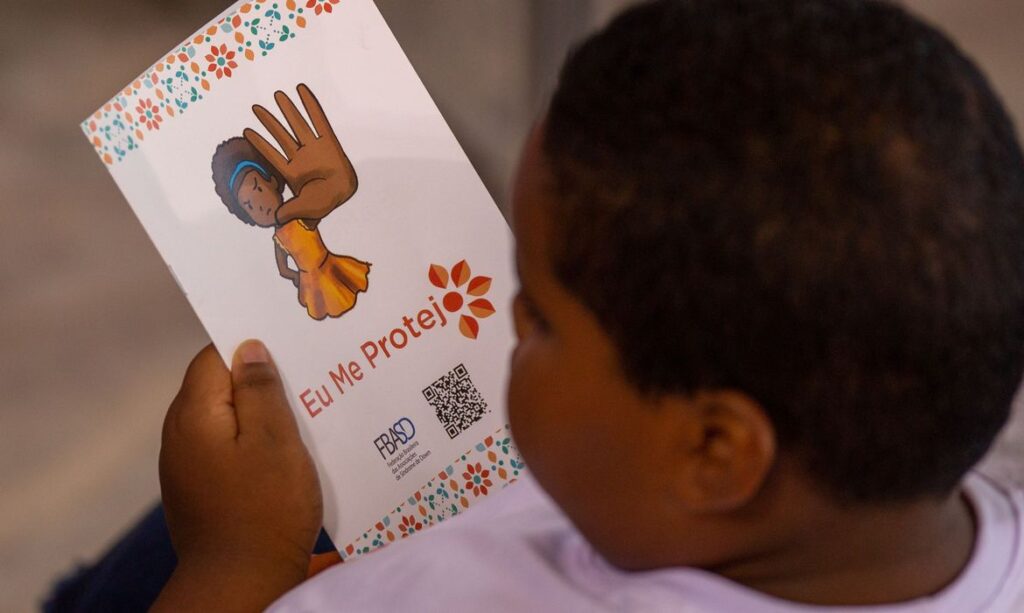
Abuse on the internet
The number of reports of images of child sexual abuse found on the internet grew by 70% in the first four months of this year, compared to the same period in 2022. According to the NGO SaferNet Brasil, which gathers data on crimes on the internet, there were 23,777 complaints between January and April 2023 against 14,005 in the first four months of 2022.
“The Brazilian Constitution says that it is everyone’s duty to protect children and teenagers and keep them safe from all forms of negligence, discrimination, exploitation, violence, cruelty and oppression. The internet can be a great ally in identifying situations of abuse. Anonymous reports can save lives,” said Thiago Tavares, president of SaferNet Brasil.
According to Tavares, the growth in the number of complaints is a barometer of the impact caused on internet users who are faced with this type of content and, then, decide to report it. “Social control is fundamental in confronting abusers,” he said.
Absolute priority
Supreme Court President Rosa Weber attended an event in São Paulo in May to discuss the protection of children and teenagers. She recalled that the Brazilian Constitution guarantees absolute priority to the rights of young people, which include the right to life, health, food, education, dignity, respect and family and community coexistence.
According to the judge, it is a shared duty of the family, society and the State to guarantee the dignity of children and teenagers.
“Unfortunately, the rates of structural poverty, child mortality, food insecurity, lack of access to education and housing reveal the cruel mismatch between the Brazilian reality and what was written in the Constitution and in international human rights treaties,” Weber said.
She spoke of a “sad reality” that needs to be fought in the country. “We face serious, multiple and repeated violations of the fundamental rights of children and teenagers in Brazil, to our sadness and shame.”
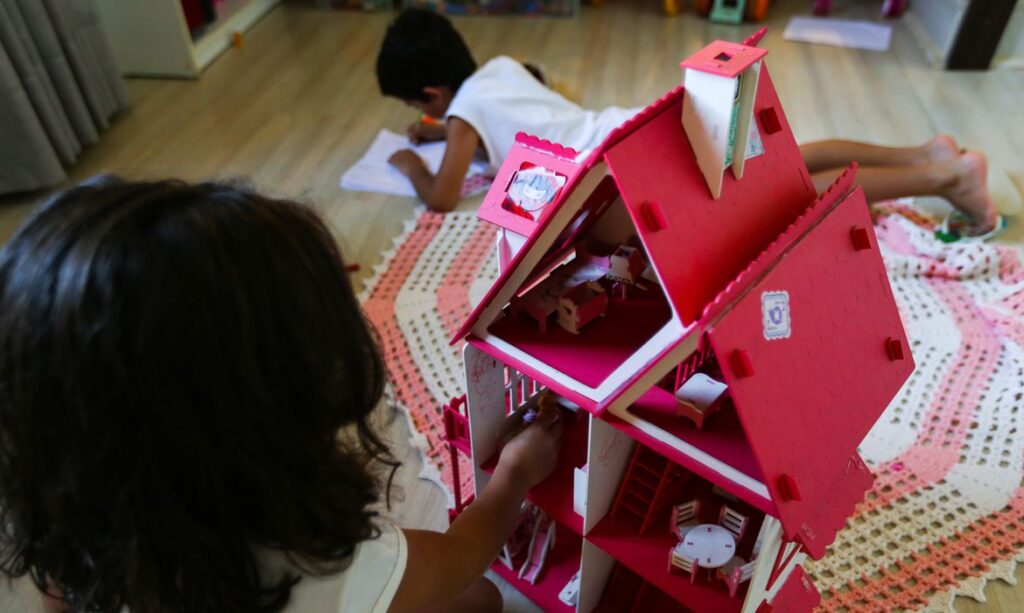
Brazil’s Minister of Social Development Wellington Dias also attended the event and said that the increase in poverty in recent years has contributed to making children and teenagers more vulnerable. He said that, of the 220 million Brazilians, at least 94 million live in poverty (20 million children), with 55 million in extreme poverty (9 million children).
“Twenty-eight percent of the population does not eat three meals a day,” said Dias. “To reverse this, we are reorganizing the area of food and nutritional security, which has been disjointed in recent years. We want to program what Brazil will produce for export and what it will produce for the Brazilian dinner tables. And this will reflect on proper nutrition for children.”


